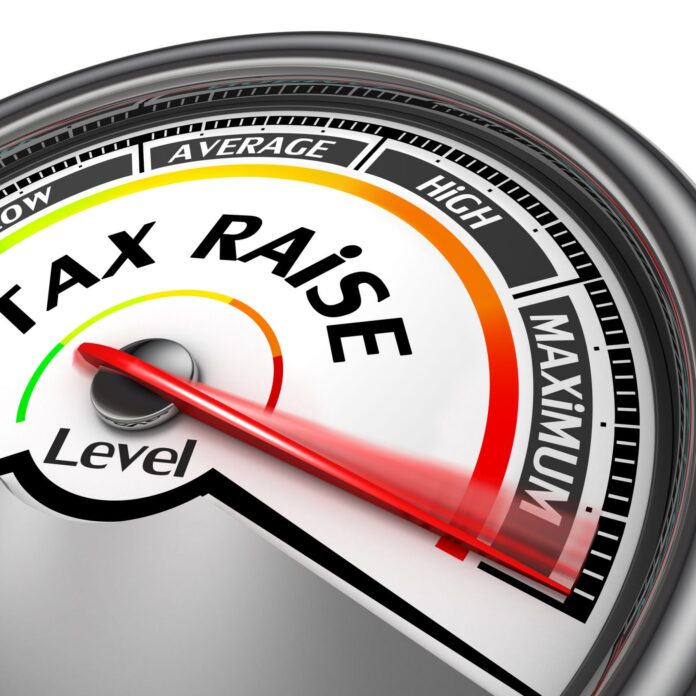Washington, Nebraska, New York, Illinois and Missouri have the highest wireless tax rates
Research group the Tax Foundation, in a new report, found that the average wireless consumer in the U.S. pays a combined 18% rate in federal, state and local taxes, plus associated fees.
All told, wireless users pay some $5.8 billion annually in state and local taxes, plus another $5 billion, which supports the federal government’s Universal Service Fund, which, in turn, funds programs that provide different forms of connectivity to income-eligible Americans.
The Tax Foundation, around since 1937, is a nonpartisan think tank focused on taxation and ancillary issues. Regarding the climate around wireless taxation, the group calls the current levels “excessive.”
“Wireless taxes and fees are regressive and have a disproportionate impact on poorer citizens,” Scott Mackey of KSE Partners and a co-author of the report, said. “Excessive taxes and fees may reduce low-income consumers’ access to wireless service at a time when such access is critical to economic success.”
The five states with the highest rates of wireless taxation are: Washington at 18.69%; Nebraska at 18.53%; New York at 17.9%; Illinois at 17.46%; and Missouri at 14.79%.
The five states with the lowest rates of wireless taxation are: Oregon at 1.8%; Nevada at 1.95%; Idaho at 2.17%; Montana at 6.11%; and Delaware at 6.29%.
The report also singles out five cities, which researchers found “now have effective tax rates in excess of 25% of the customer bill.” Those are Chicago, Baltimore, Omaha, New York City and Seattle.
“States should examine their existing communications tax structures and consider policies that would broaden the narrow bases and lower the rates of wireless taxes,” Tax Foundation VP of state and legal projects, Joseph Henchman, said. “Reform in excessively taxed states could lead to additional wireless infrastructure investments that generate economic growth.”
The report authors also point out that excessive taxation could impact network investment by reducing customer demand by making wireless services not affordable for an increasing number of people.

